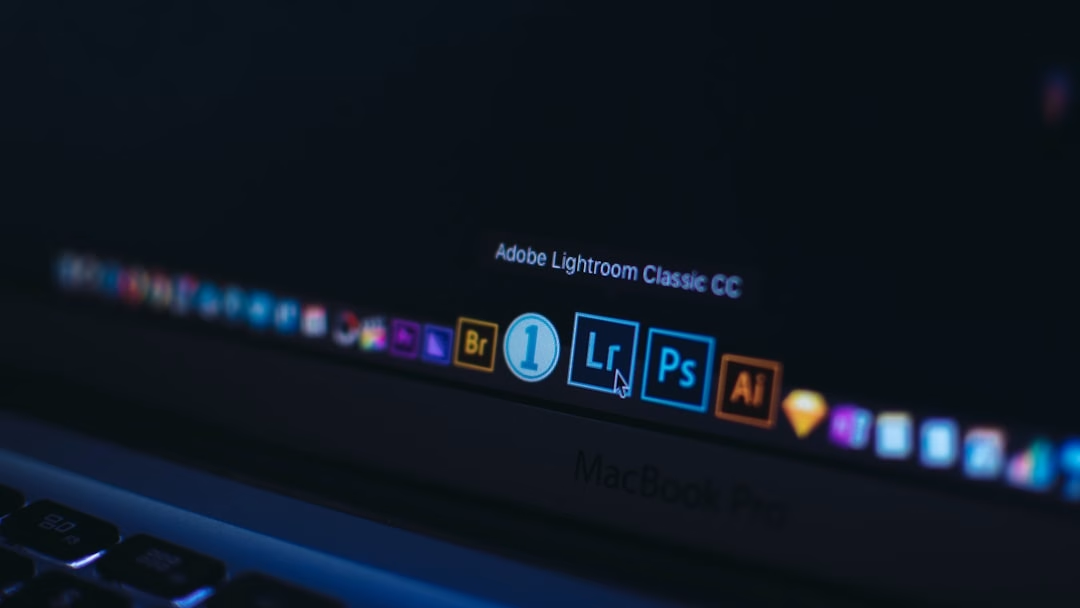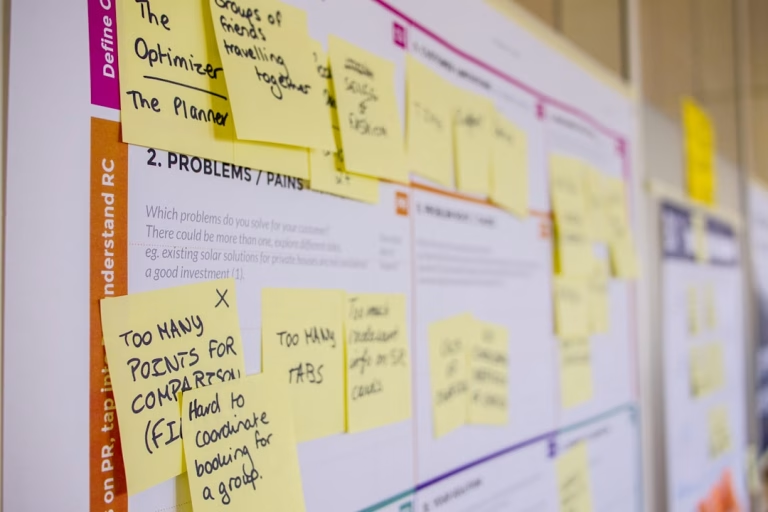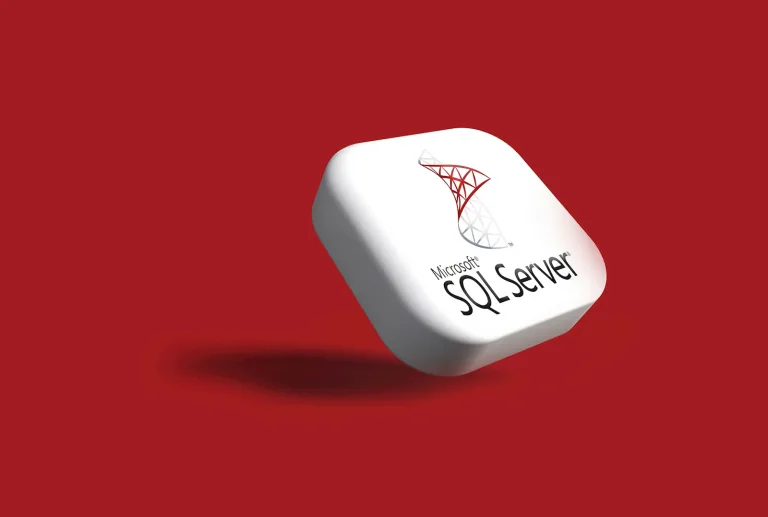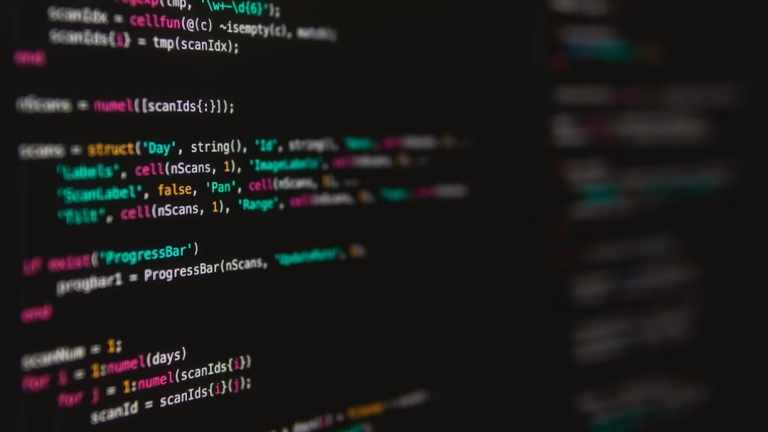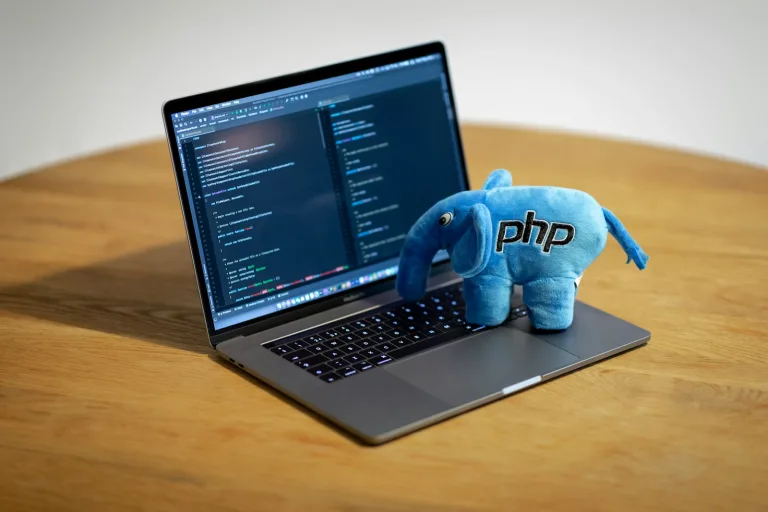Advanced Techniques in PHP Programming
Advanced Techniques in PHP Programming
Hey there! I’m excited to chat with you today about some advanced techniques in PHP programming. I know, “advanced” can sound a little intimidating, but trust me, if I can do it, so can you! I remember when I first dove headfirst into the deep end of PHP. It was exciting, challenging, and a bit overwhelming all at the same time. But let me tell you, there’s a certain thrill in learning something new that keeps pushing you forward. So why don’t we go on this PHP adventure together?
Object-Oriented Programming (OOP)
Let’s start with Object-Oriented Programming (OOP). It’s a paradigm that presents a way to structure programs so that properties and behaviors can be bundled into individual objects like, say, a car. Remember the day you first learned to drive? That’s when you first grasped OOP without even knowing it! You knew the car object had properties like color and speed and behaviours like accelerate and stop. That’s OOP for you. You can check out these concepts in PHP on PHP.net (source).
Closures and Anonymous Functions
When I first encountered closures and anonymous functions, I was reminded of those spy movies: anonymous with many aliases on a mission, a mission to reduce the use of global variables and increase readability. Closures, or anonymous functions, are a way of storing a function for later use. It’s like saving a seat for your future self in the cinema, but with code! (source)
Advanced Database Techniques
Connecting with databases in PHP can be as easy as a picnic, only if you use PDO or MySQLi. But using prepared statements, now that’s where it gets spicy in PHP. Prepared statements are like the secret sauce in the burger, they enhance the flavor – or in this case, the security – of your queries to the database. Now doesn’t that sound tasty? And safe, of course. Here’s where you can learn how to do it on PHP.net (source).
Conclusion
So that’s it, folks! These advanced techniques gave me a few forehead slapping moments when I first learned about them, but as I got used to them, they became a part of my everyday coding life. And I bet that will happen to you too. Keep practicing, keep learning, and most importantly, keep coding. Until next time!
